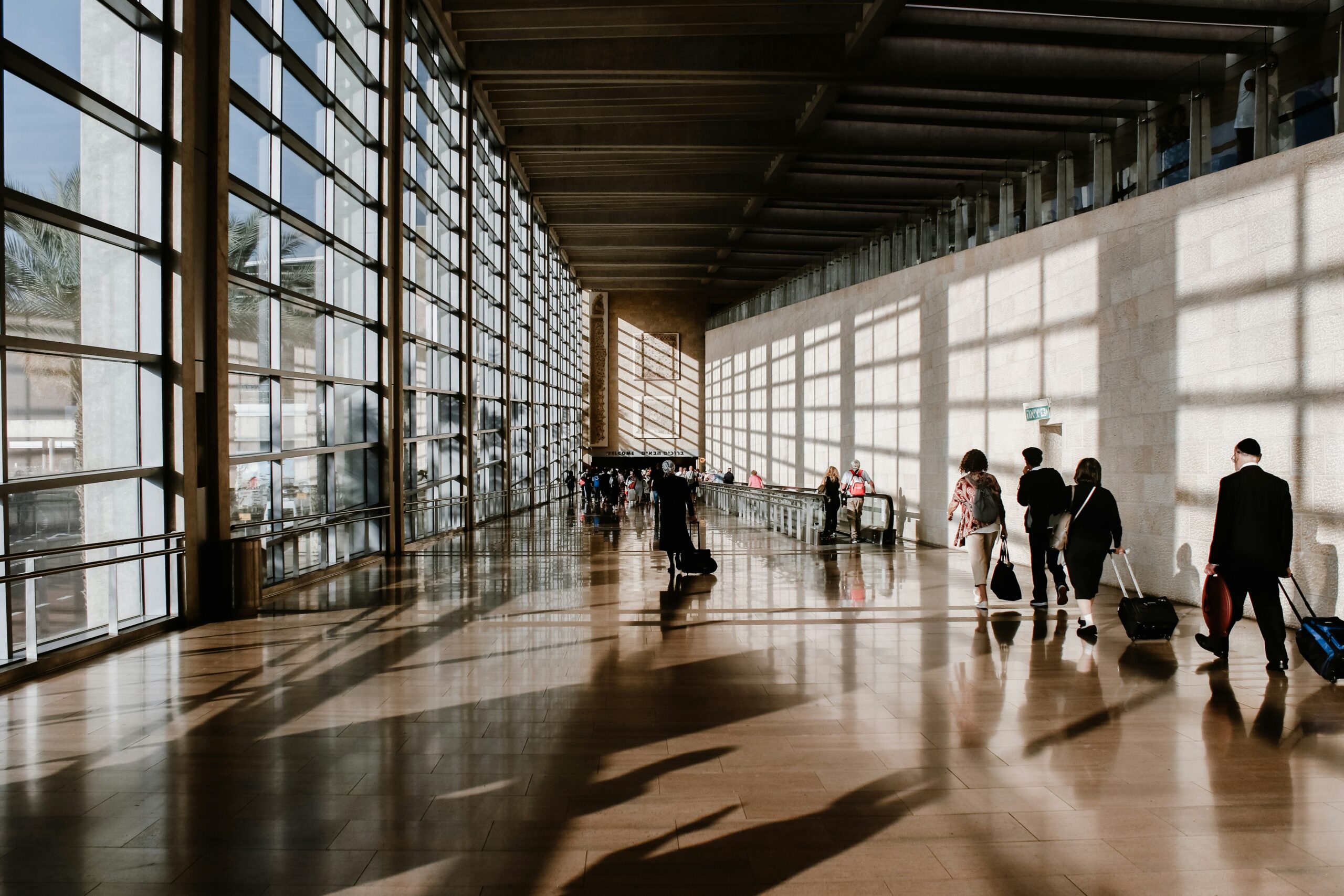As the travel industry faces unease due to economic and political concerns prompting shifts in global perception, Airbnb saw mixed results in the first quarter of 2025.
The short-term rental giant saw a rise in revenue in the first quarter of 2025 compared to the same period in 2024. It also saw a rise in gross bookings value and nights and experiences booked, but net income and adjusted EBITDA were both down due to a number of factors outlined by the company in its shareholder letter.
Brian Chesky, co-founder and CEO of Airbnb, said the results show that “no matter what’s happening in the world,” people will continue to choose to use Airbnb, because he believes the model is “inherently adaptable.”
“It’s something we’ve proven time and time again,” Chesky said. “We started Airbnb during the Great Recession of 2008. People turned to us for a more affordable way to travel, and they started hosting Airbnb to earn extra income. Then in 2020 when the pandemic hit, we provided a way for people to choose to travel close to home.”
In 2020, Chesky said Airbnb’s business was “revalidated.”
“Today, things feel uncertain once again, but just as we’ve shown in the past, as the world changes, Airbnb will continue to adapt,” Chesky said.
Today, things feel uncertain once again, but just as we’ve shown in the past, as the world changes, Airbnb will continue to adapt.
Brian Chesky, Airbnb
When asked about booking shifts and the impact to the United States travel market, Ellie Mertz, chief financial officer of Airbnb, said the company has “absolutely” seen a decline in terms of popularity of the United States as a destination among inbound travelers.
“What we have seen is that, number one, it’s less popular to come to the U.S. from a year ago, also relative to the beginning of the year,” she said.
But, she didn’t appear overly concerned about how a decline in international visitors to the U.S. is affecting Airbnb’s broader business.
“What we’re seeing in that segment is two things: One is that that segment is a very small portion of our overall business,” Mertz said, adding that foreign travelers coming to the U.S. contribute between 2% and 3% of Airbnb’s overall business.
“At the same time, what we’re seeing is within that corridor, guests who would have in a prior year come to the U.S. are simply choosing a different location,” Mertz said, using Canada as an example. “Canadians are traveling at a much lower rate to the U.S., but they’re traveling more domestically. They are traveling to Mexico, they are going to Brazil, they’re going to France, they’re going to Japan. And I think what that tells you about the distribution is that in this moment, it’s not necessarily that people don’t want to travel. They are just choosing different destinations.”
Airbnb, she said, provides an opportunity for travelers to try new locations because of how its supply is distributed across the globe.
Mertz said within the U.S., Airbnb is seeing that travelers with higher incomes are not changing their booking behavior, even with average daily rates rising, but she said the company has seen a drop in bookings made with long lead times of a month or more.
“We do have some U.S. consumers that are, you know, waiting and seeing before they book their summer travel,” she said.
Looking ahead, the company said in its shareholder letter that it anticipates nights booked to “moderate relative to Q1 2025.” The company said in April it saw “softer results” in the U.S. while demand for Easter travel to Latin America, a region in which Airbnb is seeing growth, was strong. It also expects revenue and adjusted EBITDA to rise year-over-year in Q2.
Financial results
In the first quarter, Airbnb’s revenue was $2.3 billion, up 6% compared to $2.1 billion in Q1 2024, driven by a rise in nights stayed, according to the company.
Subscribe to our newsletter below
Net income was down, landing at $154 million, with a 7% net income margin, from $264 million during Q1 2024. Airbnb said the dip came as the result of “higher stock-based compensation expense largely driven by increased headcount, write-downs of certain investments in privately-held companies and lower interest income.”
Adjusted EBITDA was $417 million, with an 18% adjusted EBITDA margin. Adjusted EBITDA was down around 1.6% year-over-year from $424 million in Q1 2024. Airbnb cited the same reasons for the loss as it did for its net income drop and said that the company also invested more in product development in Q1 of 2025.
Gross booking value was $24.5 billion, up 7% year over year. During the first quarter, 143.1 million nights and experiences were booked on Airbnb, marking an 8% rise compared to the same period last year.
Sales and marketing expenses for Q1 2025 were $563 million, up roughly 9.5% from $514 million in Q1 of 2024.
Airbnb prepares for next chapter
On May 13 Airbnb will host an event to unveil its “Summer Release,” which it teased in the shareholder letter as “Airbnb will go beyond places to stay.” It’s a concept Chesky has been discussing for a few years. During its Q4 2024 earnings call in February, the company announced it is dedicating up to $250 million to new lines of business in 2025.
The specifics on those new revenue streams, including full details on the company’s reimagined Experiences, are expected to be shared at the upcoming event.
“We’ve been laying the groundwork to make this transformation for years,” Chesky, who laid out a , said. “We wanted to make sure that people love their core service before we launched anything new, so we spent the last few years rolling out hundreds of upgrades to make Airbnb better for guest and hosts, it’s now easier to use, more affordable and more reliable.”
The company has also revamped its mobile application, he said, in an effort to support new offerings.
“Until now, our app has really done one thing, which is [it] lets you book a home,” he said. “So we rebuilt the app from the ground up on a new technology stack, and now we can innovate faster and offer much more than homes.”
Phocuswright Europe
Make plans to attend Phocuswright Europe in Barcelona, June 10-12, to hear from Emmanuel Marill, Airbnb’s regional director for Europe, the Middle East and Africa.







